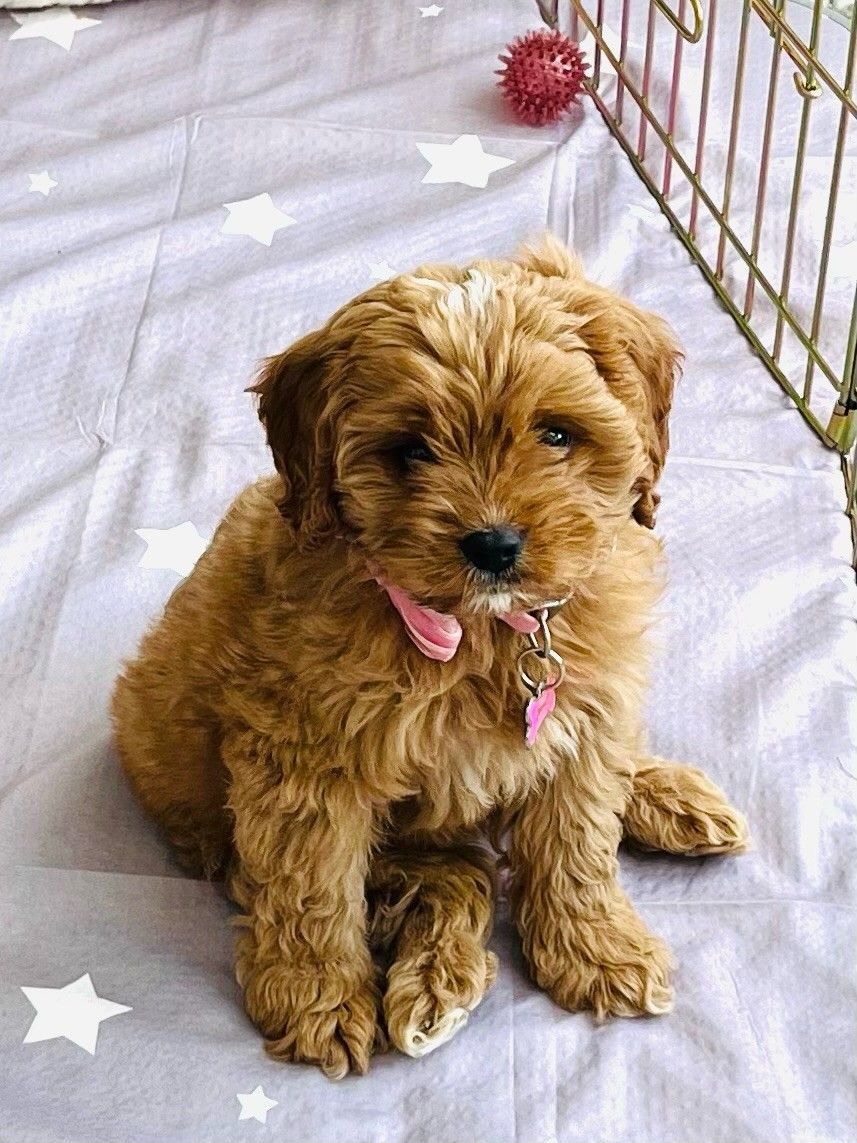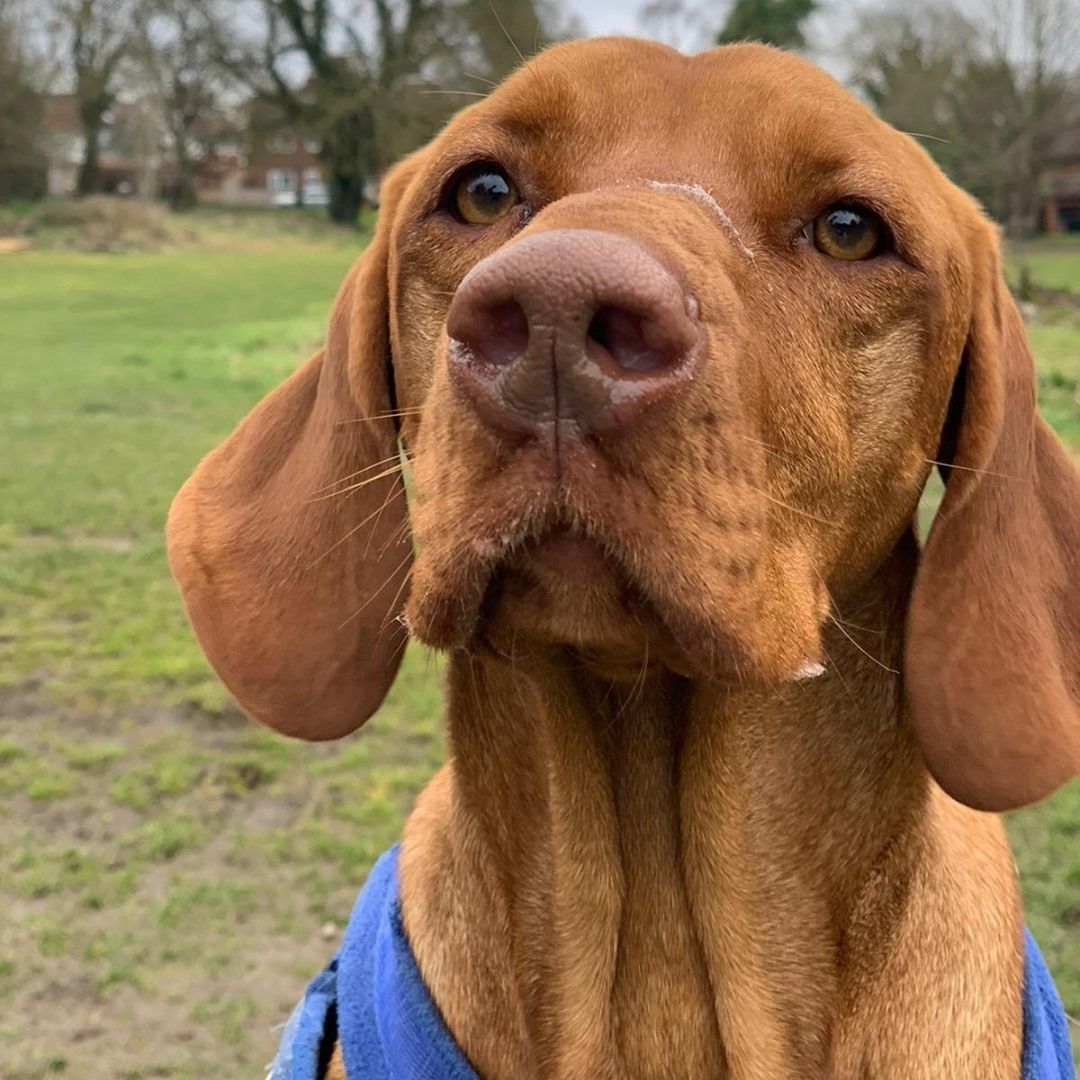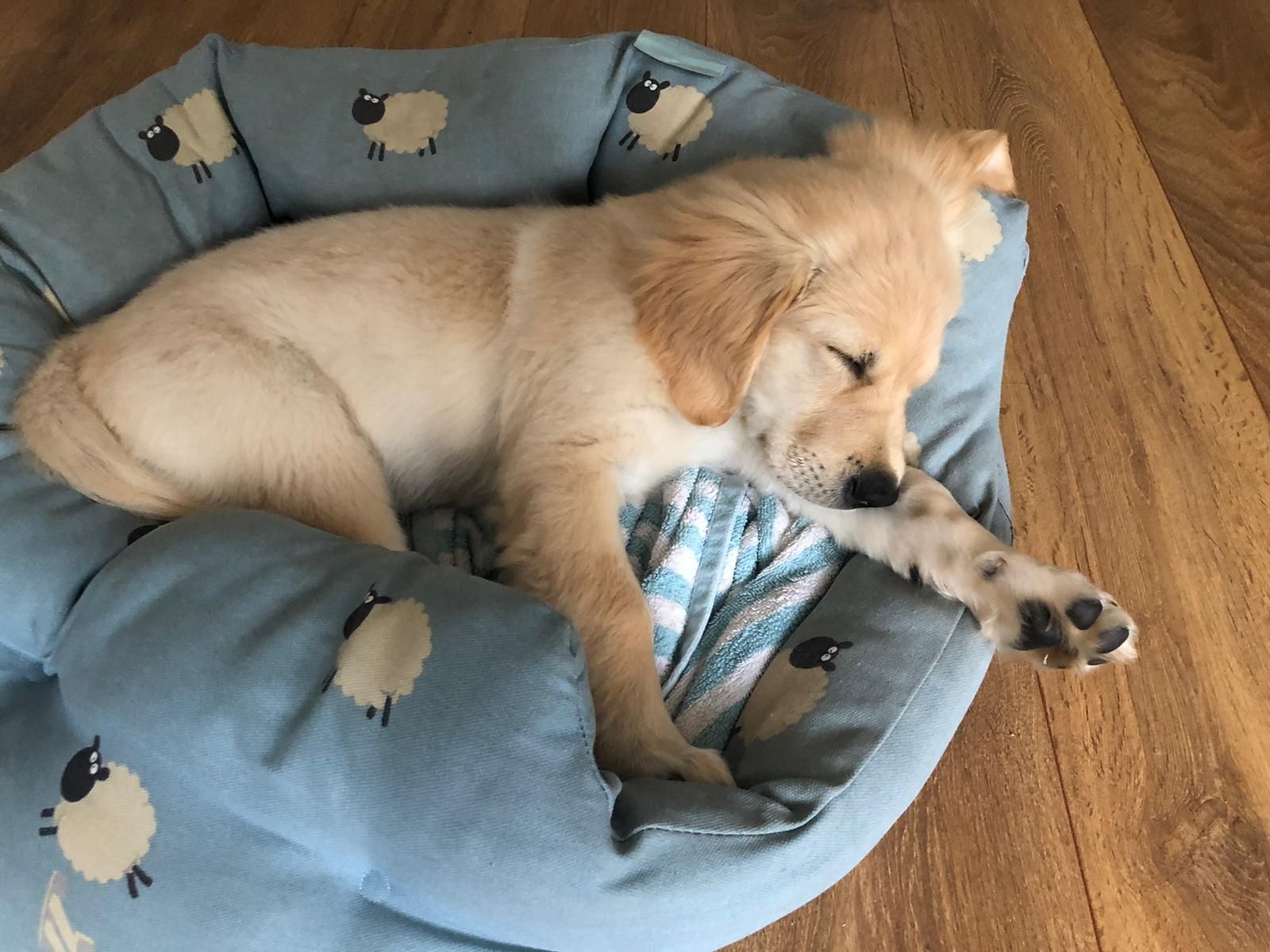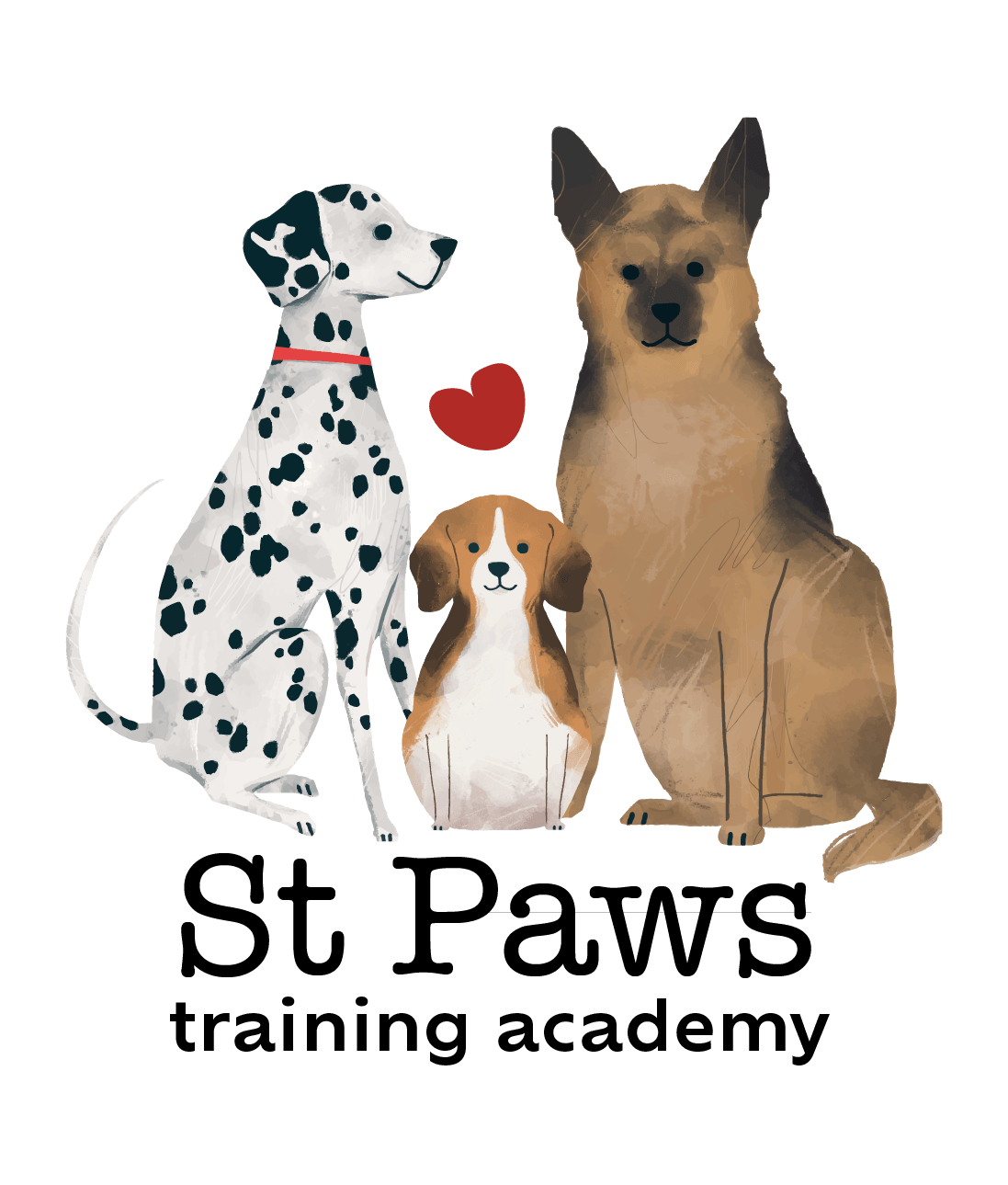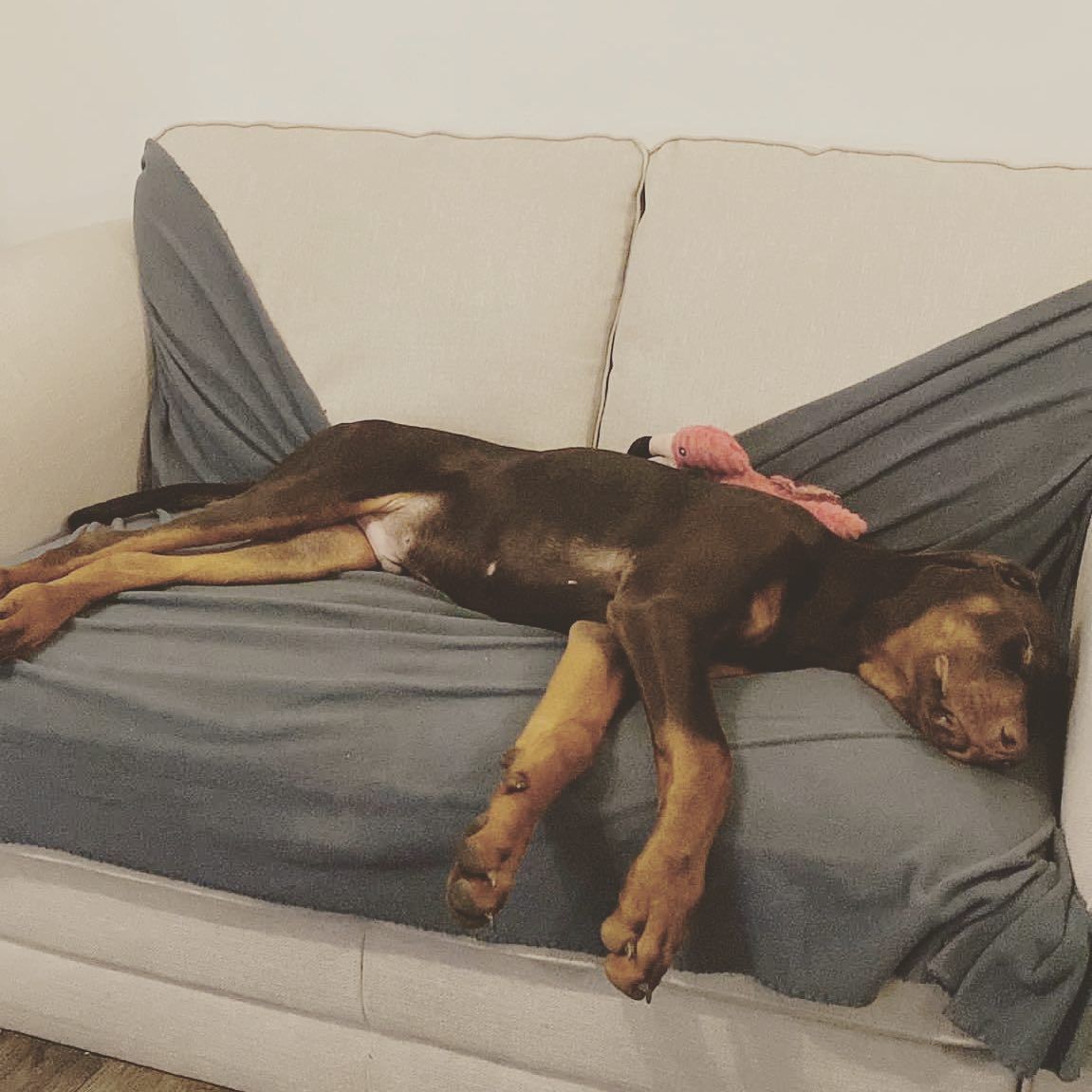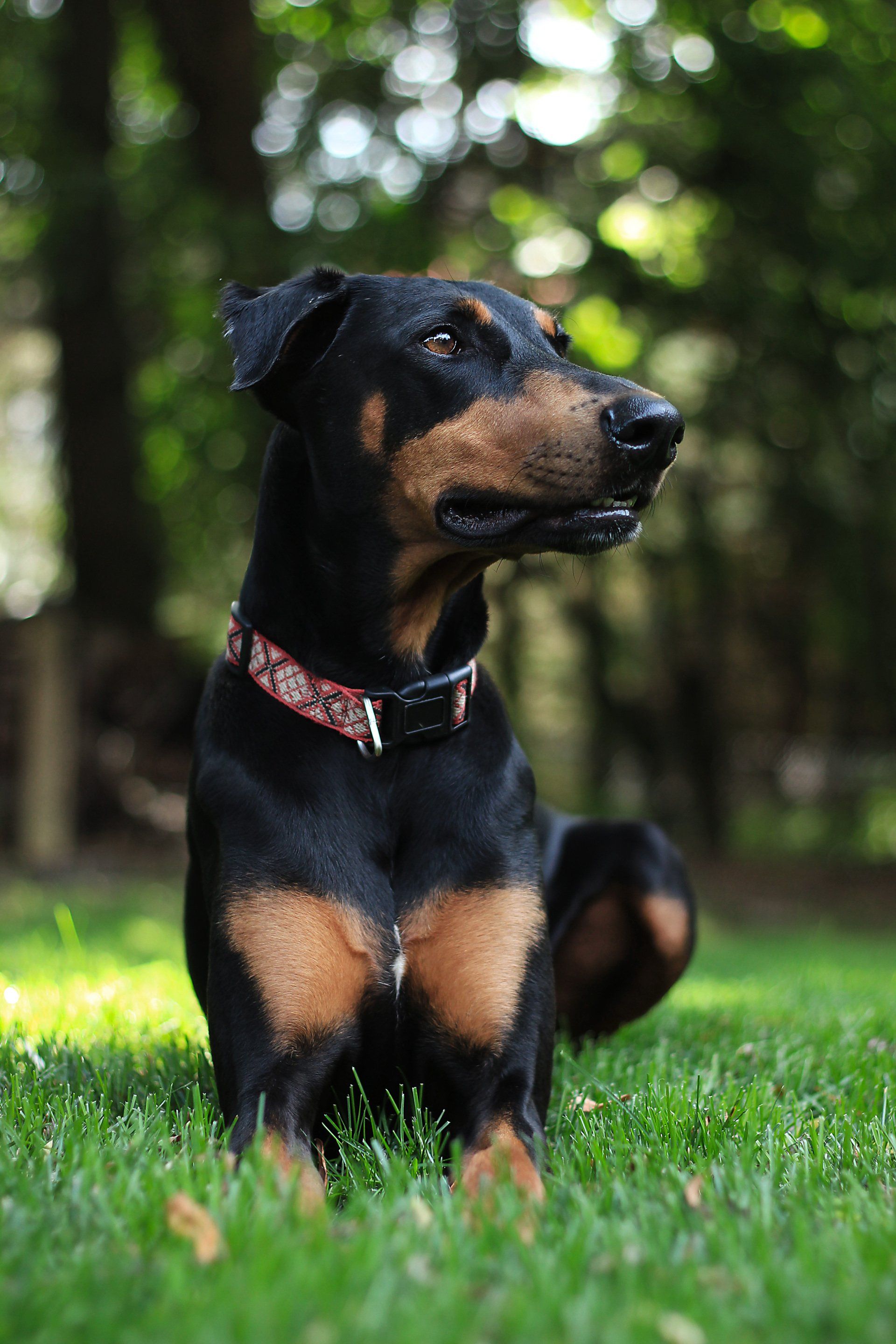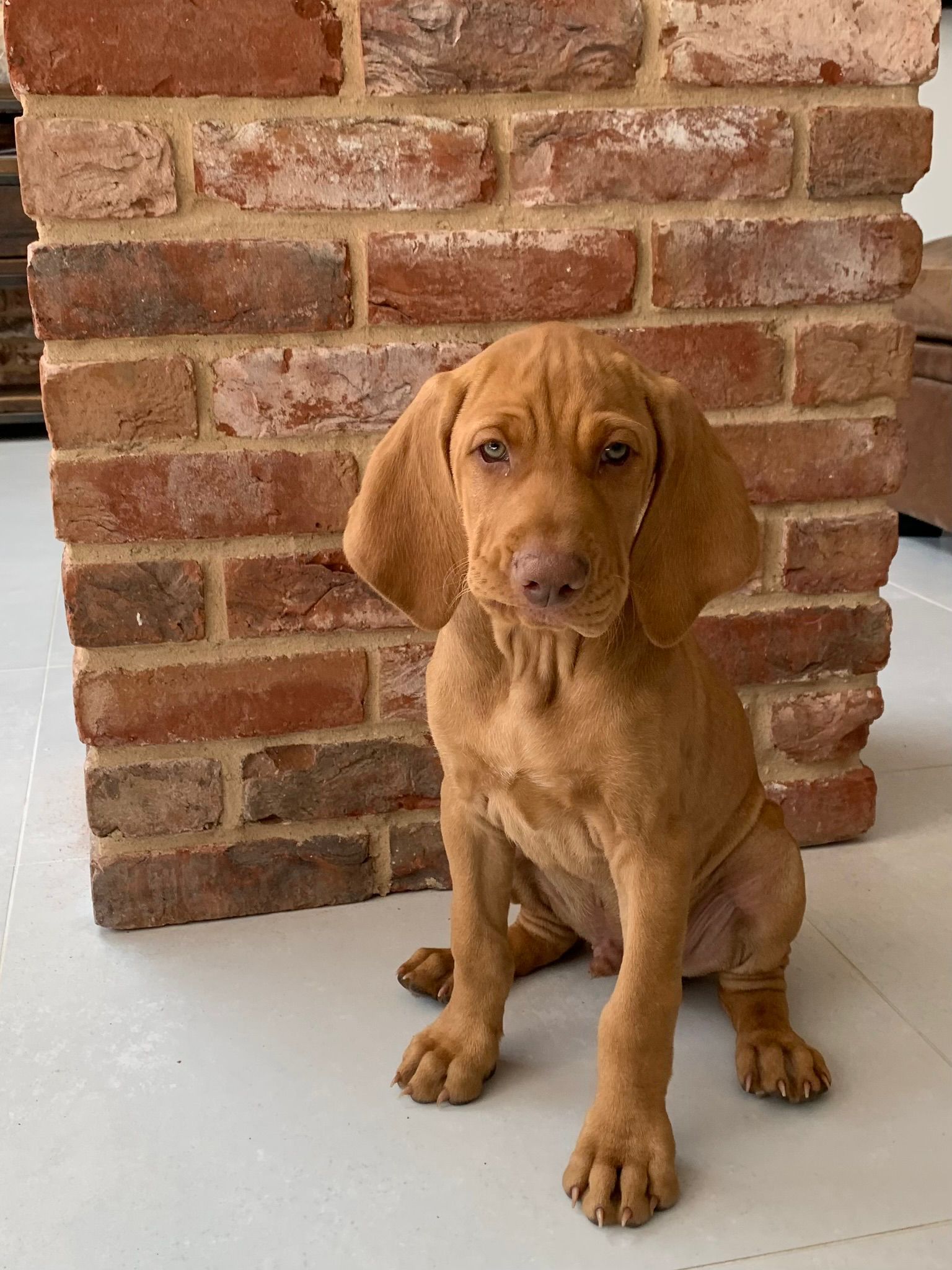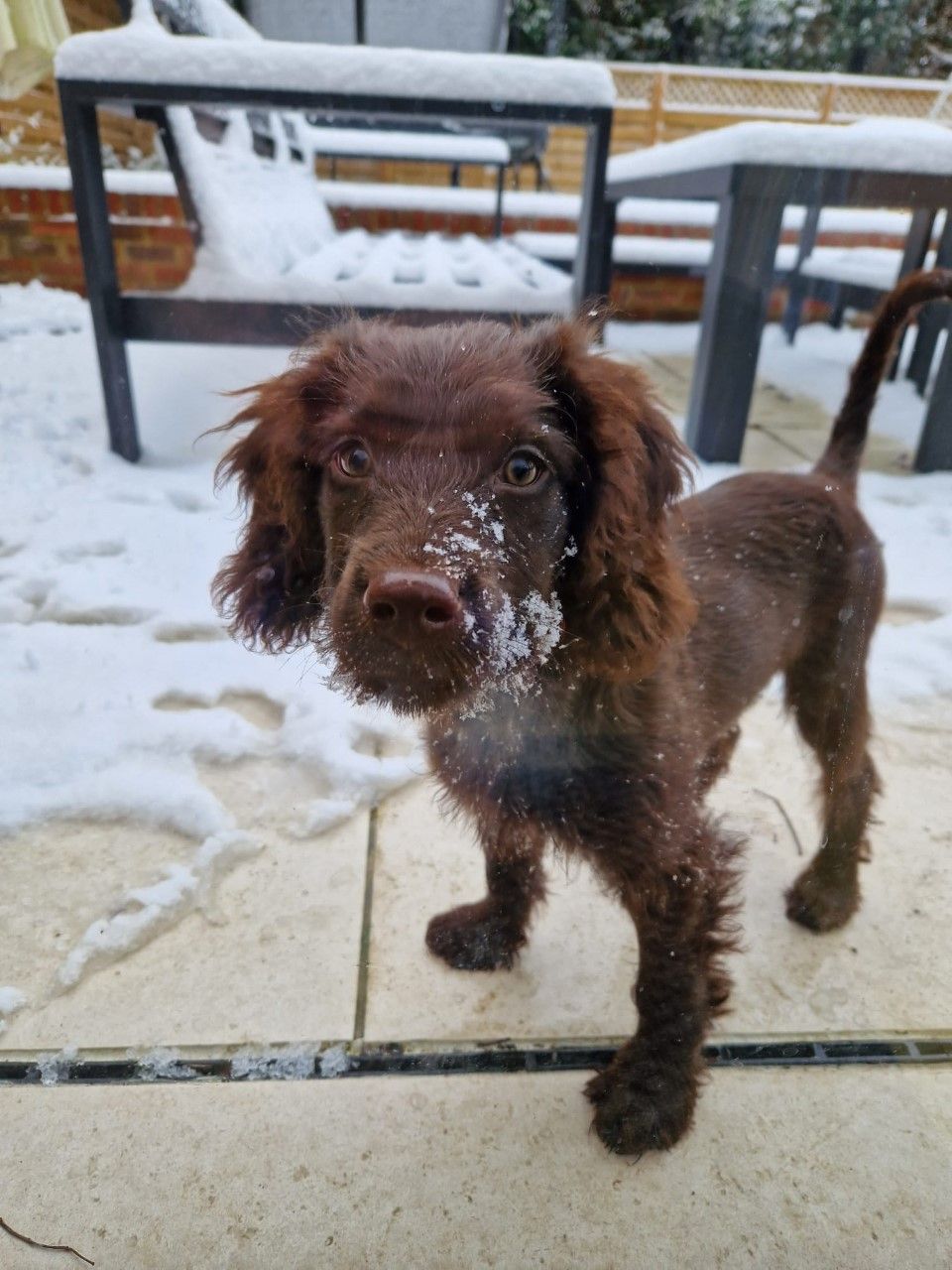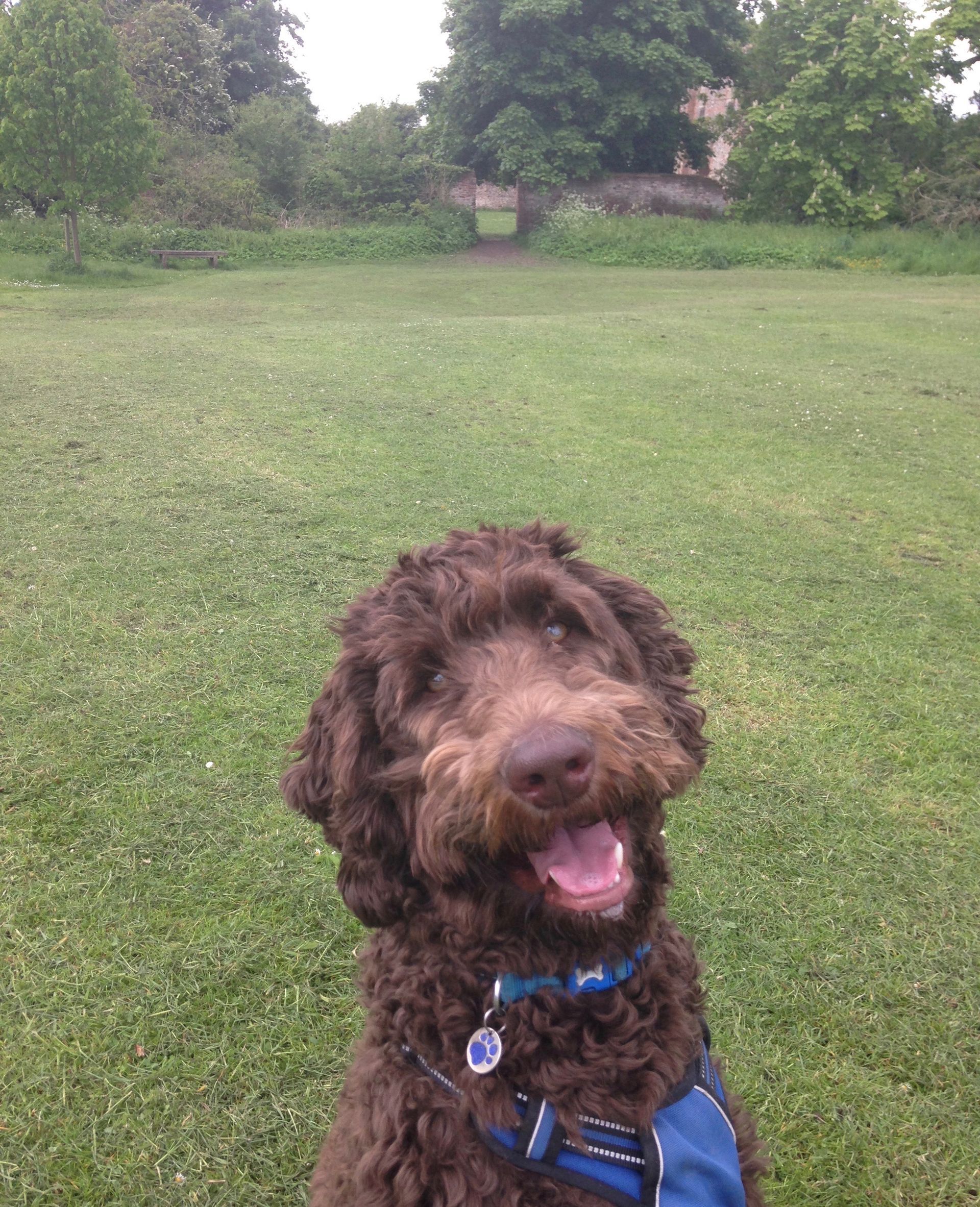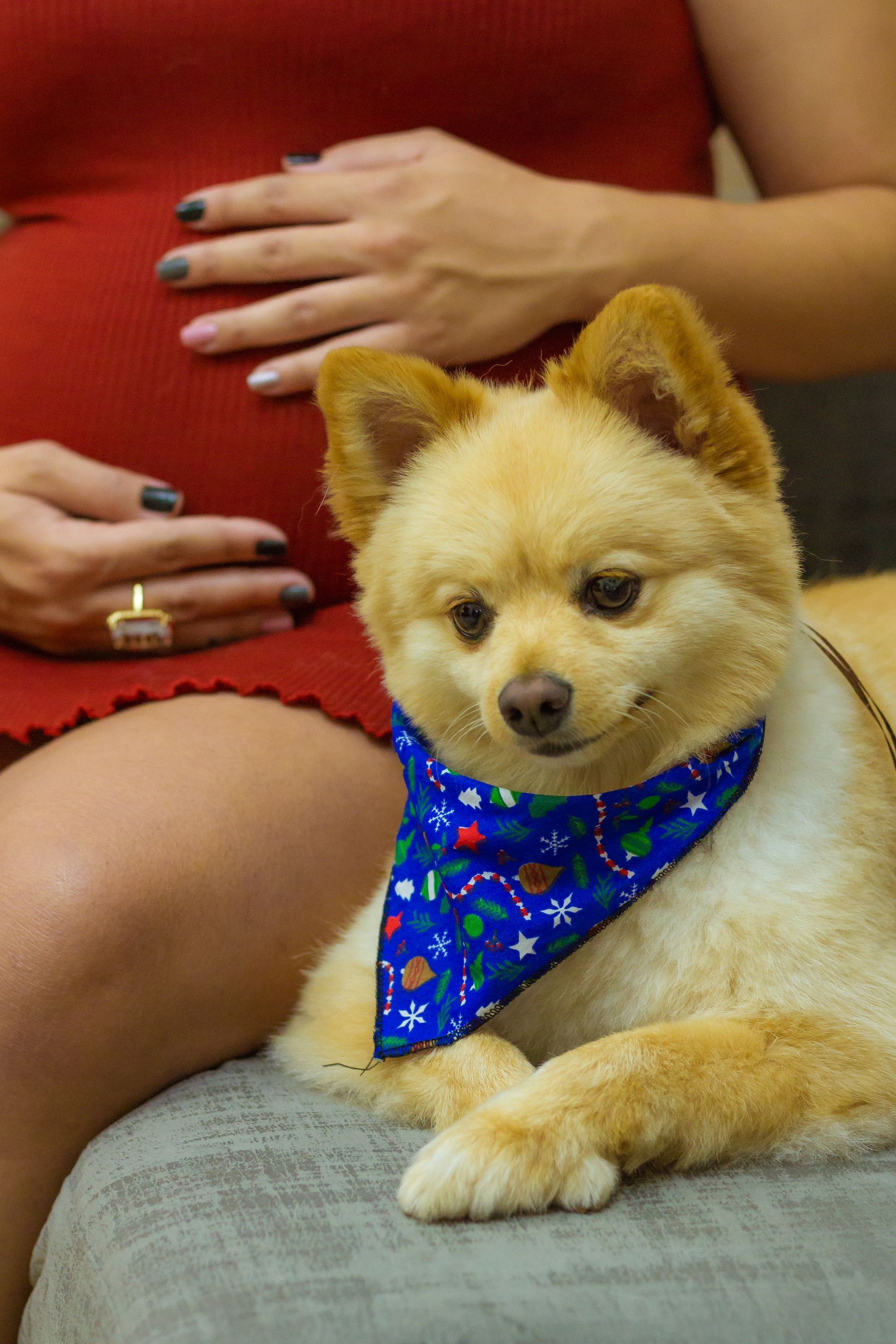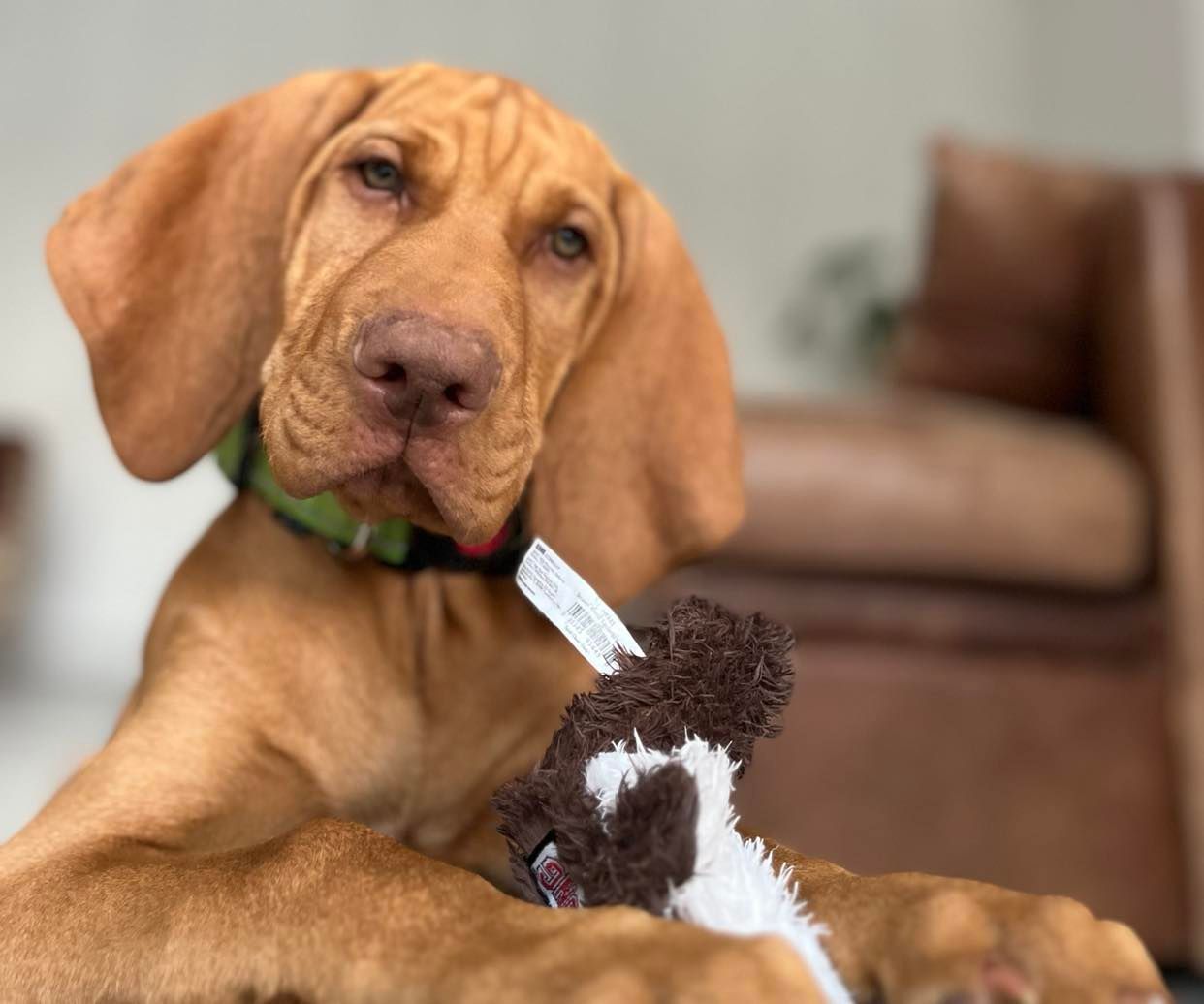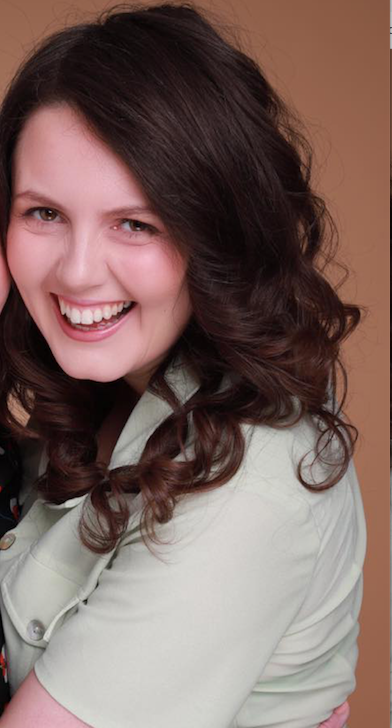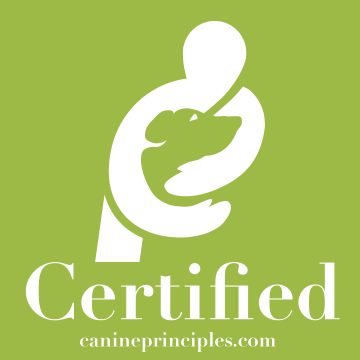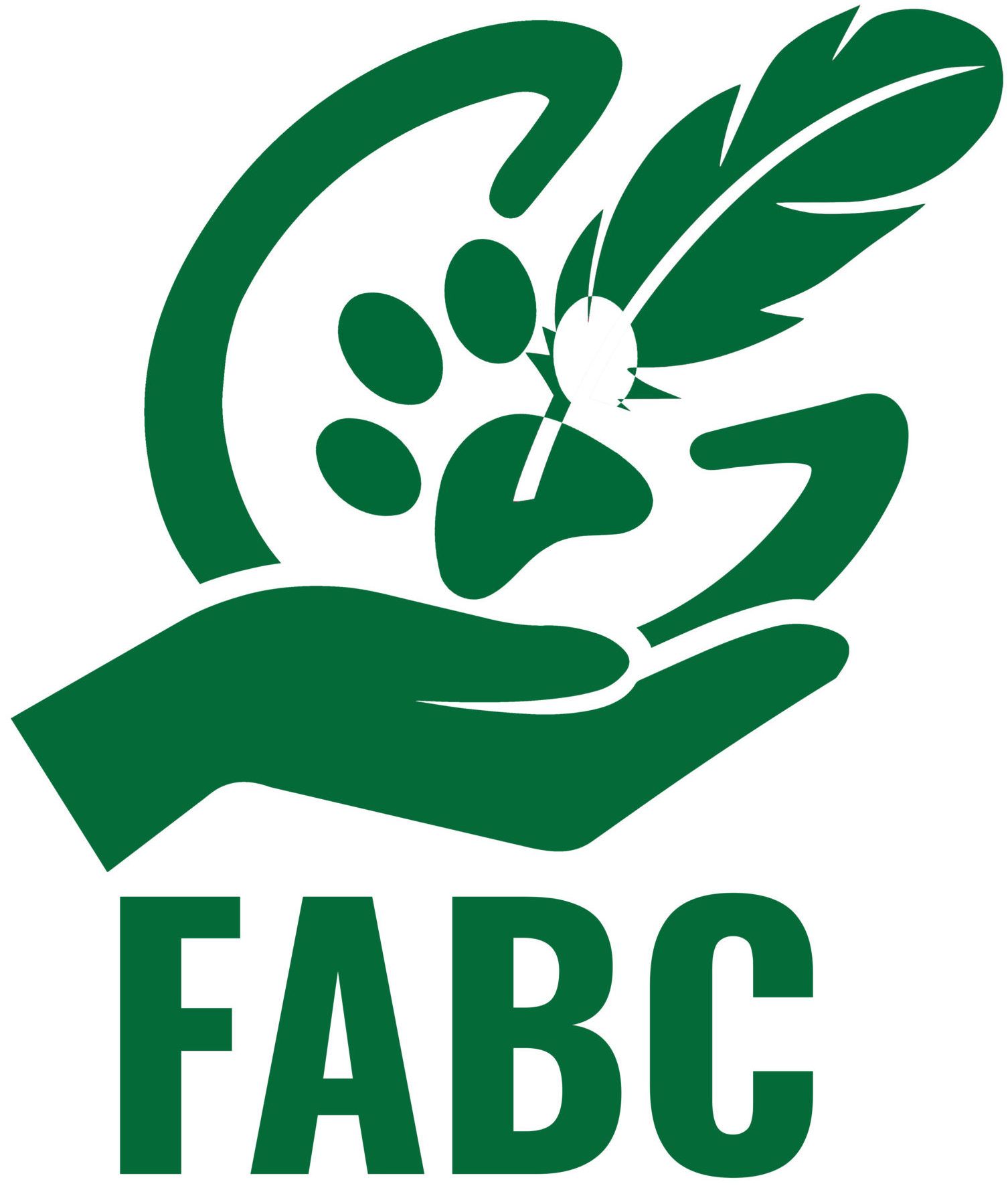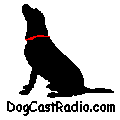Puppy nipping behaviours
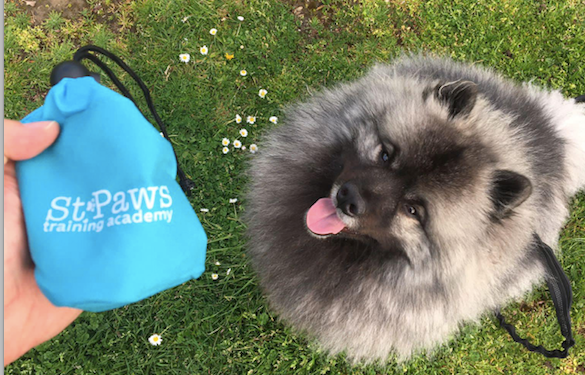
Puppy nipping can be sharp and painful. In an attempt to get a puppy to stop people may start to shout or yelp when a puppy mouths. This can scare a puppy. A puppy may nip certain people or there may be no specific tendency to it.
Here are some reasons a puppy may nip:
· Over tiredness
· Sore gums
· Over excitement
· Boredom
· Hunger
Things to avoid (that people may recommend to you)
· Telling them off (we don’t want your puppy to become scared of you and loud noises or increase the behaviour)
· Patting them on the nose (we want them to associate your hands with positive things only not negative experiences)
None of the above get to the root cause of the behaviour (emotion and motivation) therefore they should be avoided.
Breeders
The puppy is normally with the breeder for the first 8 weeks of their life. During this time it is important that a puppy has had the chance to get used to experiences that they will have day to day. For example having toys and items to shred and grab onto and shake will help encourage them to use their teeth on items that you’re happy for them to grab hold of. Puppies explore the world with their mouth just as children explore the world with their hands. It does not mean that by letting a dog chew or shred items that they will be encouraged to do this on us. It is a natural behaviour and there needs to be an outlet for it.
Breed of the dog
If a dog is naturally inclined to bite onto hands and items of clothing such as dogs that are bred specifically with bite work behaviour in mind then you will have a puppy that bites a lot. It is really important to consider the breed that you’re planning to welcome home.
Sleep
Quite often over tiredness can result in bitey behaviour therefore having time to settle and relax is imperative.
Games to engage in
Encouraging children to play calm activities with the puppy can be really helpful and build bonds. Simple scent work (hiding treats or toys around the home) can be a great way to encourage sniffing behaviour in dogs and therefore encourage calm behaviour.
Behaviours that pre-empt the behaviour
Quite often flapping pyjama bottoms or other forms of clothing that flaps can encourage a dog to grab and bite it. Noting down key times when the behaviour occurs can be a useful first step so you’re pre-empting and planning for it.
Possessiveness
Drop and leave it are fundamental training skills that can help prevent possessiveness over items. However they can take time to teach so here is some advice in the meantime. Commonly, we take lots of things off our puppies but they can soon learn that hands consistently take, not just give. If we need to take something away then have high value food available and drop it on the floor. As your puppy approaches drop more. Take the item away when they are looking away (not at you) and are distracted by food. Again, drop some more food.
Please reach out if you’d like support with your pup’s behaviour. Support can be provided in person and remotely.
